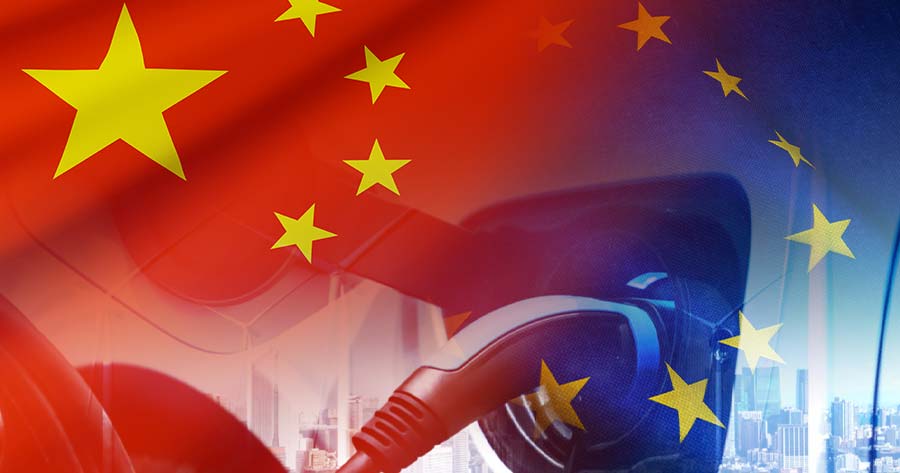According to CNBC, a Chinese official criticized Europe’s investigation into Chinese electric cars, claiming it lacked credibility due to being overly selective.
The European Commission recently announced plans to impose tariffs on imported Chinese electric vehicles from July 4 after conducting a lengthy probe into the impact of Chinese government subsidies on EVs.
After more than a decade of development, China’s electric vehicle sector has surged, intensifying competition among both traditional automakers and startups in the realms of technology and pricing. With domestic growth decelerating, Chinese electric car firms are expanding sales tactics into Southeast Asia, the Middle East, and Europe.
Publicly opposing the EU’s actions, China has refuted accusations of industrial overcapacity jeopardizing manufacturers in foreign nations, potentially leading to closures and job losses.
The Chinese official, Jin Ruiting, Director of the Academy of Macroeconomic Research under the National Development and Reform Commission, argued that the EU’s anti-subsidy probe focused solely on Chinese companies rather than those with the largest export volume, which he deemed a violation of World Trade Organization rules.
Responding to these allegations, Olof Gill, the European Commission’s spokesperson for trade and agriculture, stated that the sample selection was based on factors like production, sales, and domestic sales volume, in accordance with WTO rules and EU legislation.
Major German automakers, with substantial sales in China, expressed opposition to the EU’s proposed tariffs. Volkswagen Group rejected the tariffs, emphasizing the importance of international competition and the benefits it brings to customers.
Oliver Zipse, CEO of BMW Group, warned against protectionism and the risk of escalating tariffs, highlighting that such measures hinder international competitiveness.
The EU probe also included Tesla, which might face individual tariffs for cars exported from its Shanghai factory, according to the Commission.





